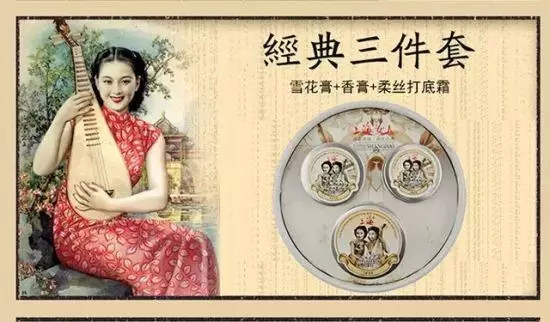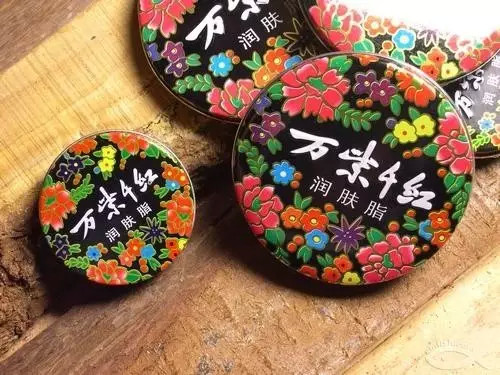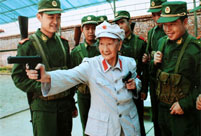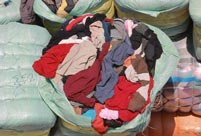


A quick experiment: think of as many Chinese cosmetics brands as you can. Most can only come up with a few, such as Dabao, Herborist and Pechoin. What’s more, consumers are spending less and less money on Chinese cosmetics. Despite being the second largest cosmetics consumer in the world, China’s cosmetics brands take only a small share of the market, with most sales being made in rural areas.
The market volume of Chinese cosmetics passed 484.6 billion RMB in 2015. However, in the same period, foreign cosmetics brands occupied almost 80 percent of the huge market, despite making up only one-quarter of the total brands. Comparatively, the largest Chinese cosmetics company took just 2 percent of the market.
What’s more, Chinese cosmetics occupy a low position in the market. According to statistics from the China Food and Drug Administration (CFDA), as of January 2016, there are about 4,200 cosmetics producers in China, over 60 percent of which target the middle or low end of the market.
According to Sun Youfu, the cosmetics director-researcher for CFDA, China’s high-end cosmetics market is almost entirely occupied by foreign brands such as L’oreal and Estee Lauder. Many Chinese cosmetics companies have been acquired by foreign companies, such as Maxam. In the e-commerce market, South Korean cosmetics hold a top position, coming just after French brands.

The decay of Chinese cosmetics comes as a result of perceived low quality, coupled with insufficient talent and R&D. Domestic cosmetics are often labeled as knock-offs, “out-of-date” or “low-end.” Chinese cosmetics companies, aware of these perceptions, choose to stay out of the luxury market. Jahwa, a Shanghai cosmetics company, once produced a high-end line intended to compete with brands like Estee Lauder. However, after early losses, Jahwa gave up the endeavor.
At present, Chinese companies fail to invest enough in R&D. At the same time, production and quality management both require urgent improvement. Although China ranks second in the world for cosmetics consumption, there are only two Chinese universities that offer cosmetics majors. A shortage of human resources inevitably impedes industry development and innovation.
 Home-made plane completes test flight in Chicago
Home-made plane completes test flight in Chicago The untold stories of women in the Long March
The untold stories of women in the Long March Female soldiers on Frigate Jingzhou
Female soldiers on Frigate Jingzhou Top 10 most beautiful Chinese athletes in Rio
Top 10 most beautiful Chinese athletes in Rio Shenzhen seizes 549 tons of illegally smuggled clothing
Shenzhen seizes 549 tons of illegally smuggled clothing Chinese actor Wang Baoqiang divorces wife, fires manager
Chinese actor Wang Baoqiang divorces wife, fires manager Hangzhou: host city of G20 Summit
Hangzhou: host city of G20 Summit New hovercrafts debut in landing exercise
New hovercrafts debut in landing exercise Woman sets Guinness World Record with 17-month-long pregnancy
Woman sets Guinness World Record with 17-month-long pregnancy Top 10 livable Chinese cities
Top 10 livable Chinese cities Top 20 hottest women in the world in 2014
Top 20 hottest women in the world in 2014 Top 10 hardest languages to learn
Top 10 hardest languages to learn China’s Top 10 Unique Bridges, Highways and Roads
China’s Top 10 Unique Bridges, Highways and Roads Duterte’s visit to China aims to reduce rift
Duterte’s visit to China aims to reduce rift Tsai has mandate, but does she care for voters?
Tsai has mandate, but does she care for voters? Car-hailing regulation shouldn’t deepen hukou divide
Car-hailing regulation shouldn’t deepen hukou divide Mainland’s choice of ‘Xuan Zang’ for Oscar entry draws criticism
Mainland’s choice of ‘Xuan Zang’ for Oscar entry draws criticism